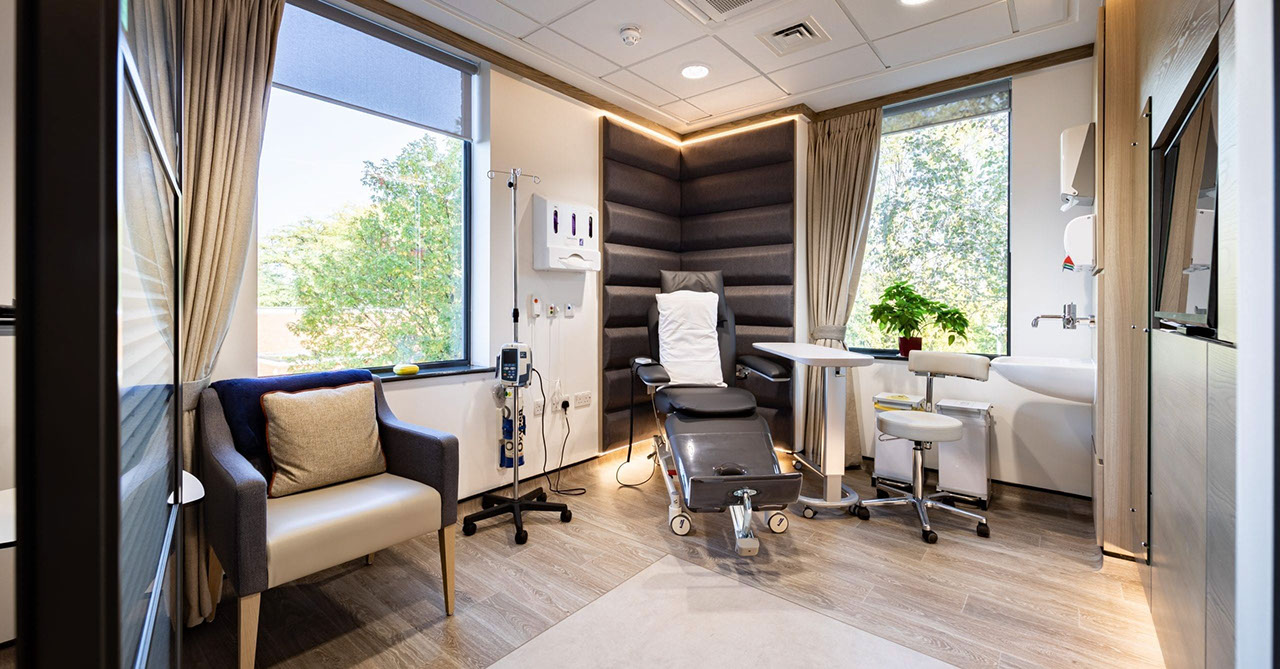- Healthcare Professionals
- Oncology
- Treatments
- Chemotherapy & SACT's
Overview
At GenesisCare, our medical oncology centres offer all available types of systemic anti-cancer therapies (SACTs). Our oncologists, nursing and pharmacy teams work closely together to ensure our patients have access to the latest treatments, safely and effectively.
Few private oncology providers offer such an extensive and professionally managed SACTs service offering a comprehensive range of:
- Immunotherapy
- Targeted therapies
- Hormone therapies
- Chemotherapy
- Monoclonal antibodies
Expert teams
We have specialist cancer nurses and dedicated pharmacy teams.
- UKONS SACT competency passport
- Additional nursing qualifications, such as central venous access
- 1-1 nursing with extensive experience in oncology care settings, including leading teaching hospitals
- All medical oncology centres have experienced oncology and haematology pharmacists
Latest technologies
We use the latest technologies to improve efficiency and patient safety in SACT delivery.
- Plum 360™ smart infusion pumps
- ICU Medical MedNet ™ medicines safety platform
- iQemo prescribing platform
- Genetic and genomic testing
Our medical oncology centres
- Bristol
- Cambridge
- Milton Keynes
- Maidstone
- Oxford
- Windsor
All of these centres carry the Macmillan Quality Environment Mark (MQEM). Patients are treated in dedicated chemotherapy suites, with access to a 24/7 on-call service for emergency admissions.
Integrative cancer care
We embed integrative cancer care into our pathways to support patients throughout their treatment and beyond.
Refer a patient
To refer a patient for SACT or for more information about our services at GenesisCare please get in touch.
Expert teams
Specialist cancer nurses
Our cancer nurses are specialists in providing systemic anti-cancer therapies (SACTs), with extensive training and experience at leading cancer centres. They have the most up-to-date knowledge of the many types of cancer treatment, including how to administer them and manage side effects.
- The Systemic Anti-Cancer Therapy (SACT) competency passport, a programme run by the UK Oncology Nursing Society (UKONs), showing that our nurses have the competence and knowledge to work in the most advanced SACTs centres.
- Specialist training to ensure careful and accurate placement of cannulas and central venous access devices.
- Active in addressing any patient concerns or symptoms, recognising problems quickly and referring to immediate care when needed.
- Highly experienced with in-clinic procedures such as blood tests, blood transfusions, monitoring and assessing side effects.
- Each nurse also has special training in connecting with and supporting people going through a life-changing experience like cancer.
Dedicated pharmacy teams
Our pharmacy teams in each centre are led by experienced oncology/haematology pharmacists that specialise in the wide range of systemic cancer treatment available. They are available onsite to provide expert pharmaceutical information’s to patients, consultants, and the nursing team.
Our team are members of British Oncology Pharmacy Association (BOPA) and complete the BOPA verification SACT Passport for pharmacy.
They ensure safe procurement of SACTs and that all pharmaceutical regulations are adhered to at all times, while ensuring safe prescribing of SACT medicines.
Our lead chemotherapy nurses
Our patients are under the dedicated care of GenesisCare's expert lead chemotherapy nurses, they get to know their needs, concerns and preferences, and tailor care around them.
Patients often say how important this relationship has been to them during their care with us.
Meet our lead chemotherapy nurses below.
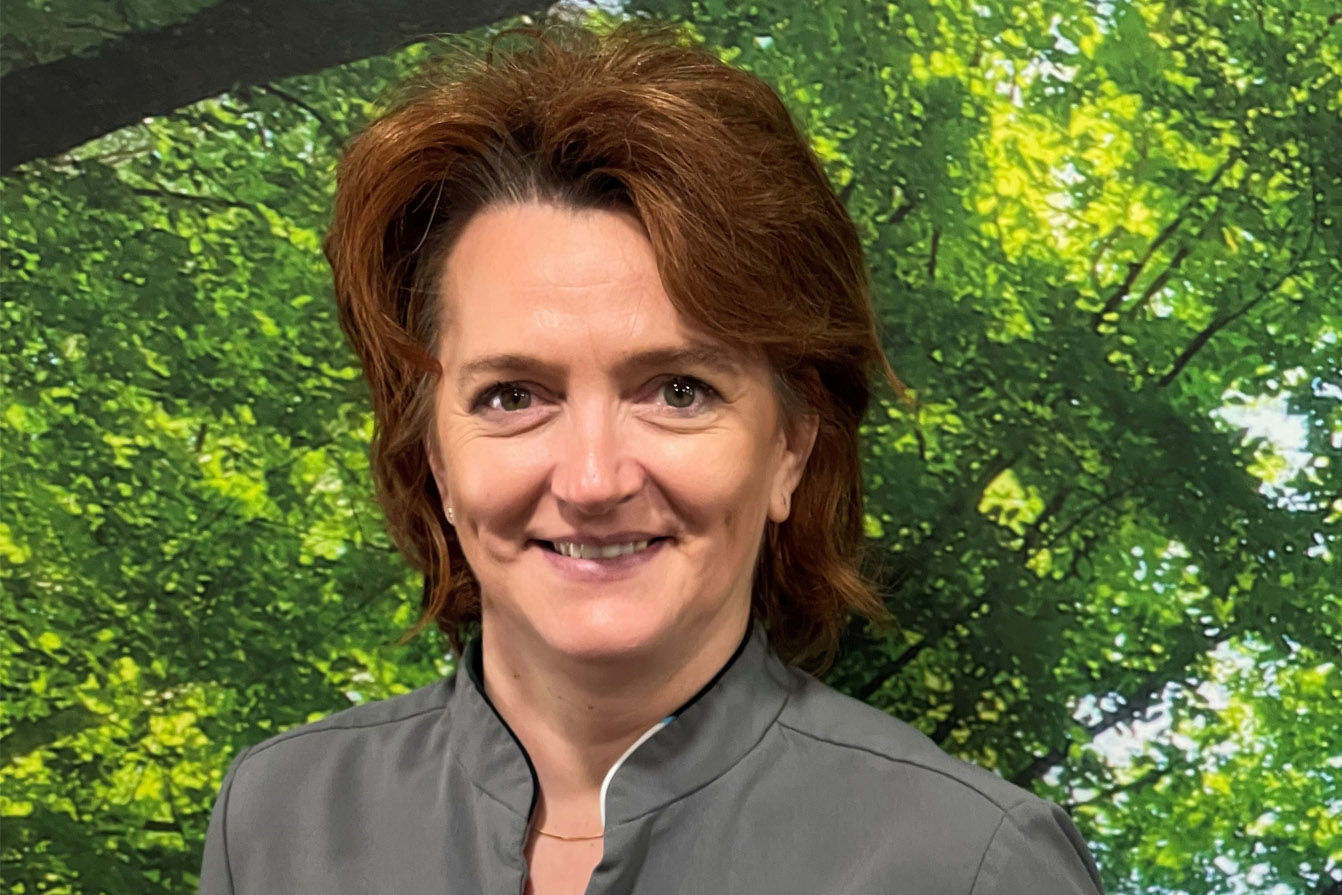
- Year qualified
1994 - Qualifications
Registered General Nurse
UKONs SACT Passport - Experience
1994 Clinical Lead, Palliative Unit, Poland
2003 Senior Nurse, Orthopaedic Oncology/Haematology, Poland
2007 Care Home Agency
2010 Clinical Lead Nurse, Hartcliffe Nursing Home
2015 Chemotherapy Nurse, Bristol Haematology and Oncology Centre
2018 Senior Chemotherapy Nurse, Spire
2019 Senior Chemotherapy Nurse GenesisCare
2021 Lead Chemotherapy Nurse, GenesisCare - Do you have research experience?
Yes, I've previously supported research trials with young adults
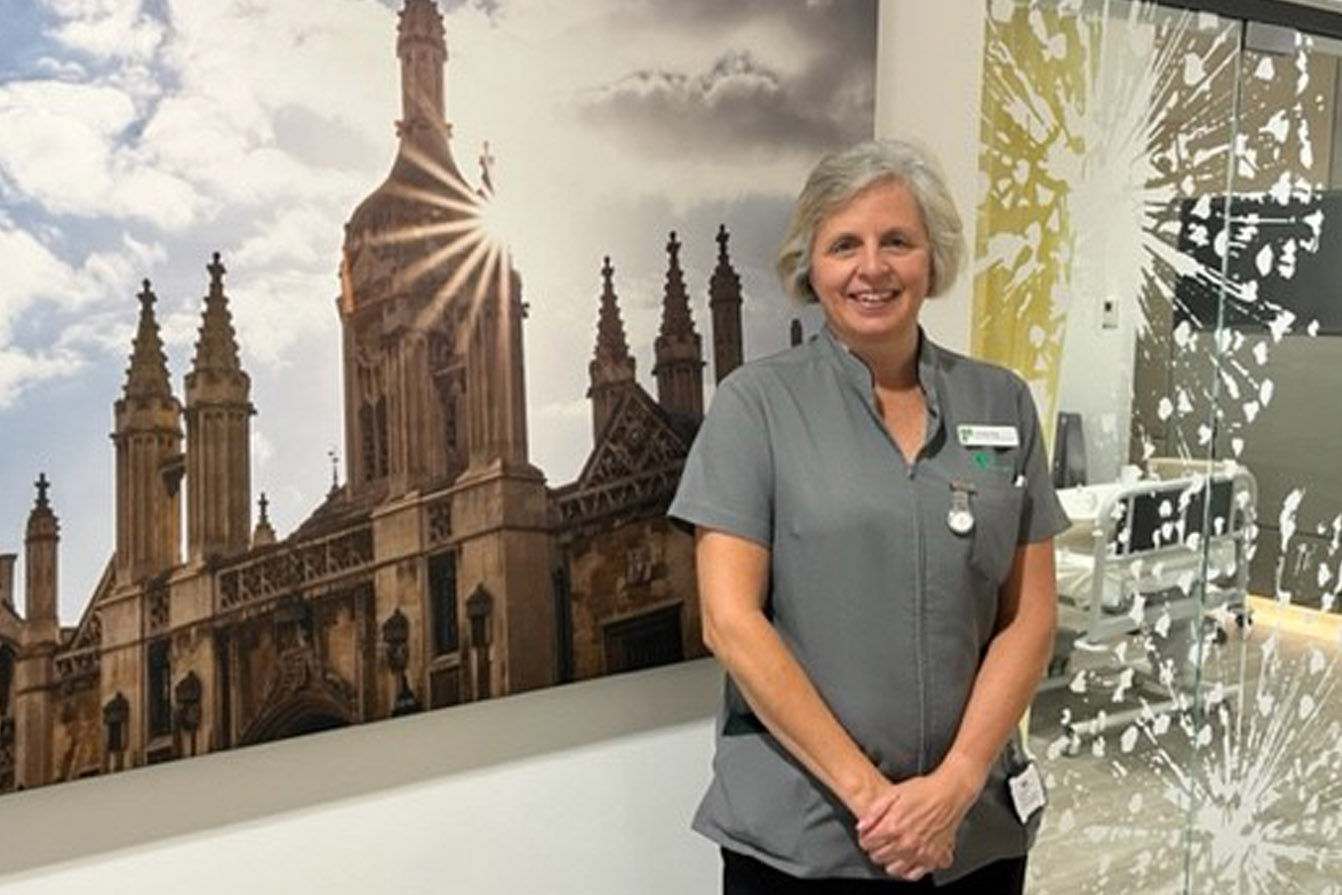
- Year qualified
2002 - Qualifications
Registered Nurse
Diploma in Nursing
UKONs SACT Passport - Experience
1993 Senior Sister, Haematolgy and Bone Marrow Transplant Unit, Addenbrookes Hospital
2003 Clinical Specialist Nurse, St Vincents Hospital, Sydney
2004 Paediatric Clinical Specialist Nurse, Sydney Childrens Hospital
2007 Intensive care unit, West Suffolk Hospital
2008 Apheresis Nurse, Addenbrookes Hospital
2009 Senior Sister, Haematology Day Unit, Addenbrookes Hospital
2021 Lead Chemotherapy Nurse, GenesisCare - Do you have research experience?
Yes. Whilst I was a Senior Sister with GCP training I oversaw the nursing team practice and supported the clinical trials team with research trials in the Haematology Day Unit

- Year qualified
1995 - Qualifications
BSc - Nursing studies
Intensive care Foundation Course
Systemic Anti-Cancer Therapy Course
UKONs SACT Passport - Experience
2001 Medical Suite/Surgical ICU, Nurse In Charge, Philippine Heart Centre
2003 Recovery Room, Staff Nurse, Philippine Heart Centre
2004 Acute Assessment Unit, Staff Nurse, Kent and Sussex Hospital
2005 Intensive Care Unit, Staff Nurse, Tunbridge Wells Hospital
2015 Specialist Home IV Bank Nurse, Healthcare at Home
2016 Chemotherapy Nurse, Tunbridge Wells Hospital
2018 Chemotherapy Junior Sister, Tunbridge Wells Hospital
2020 Specialist Home Care Chemotherapy Nurse, Sciensus
2022 Lead Chemotherapy Nurse, GenesisCare - Do you have research experience?
Yes, I've supported research nurses and their patients on trials
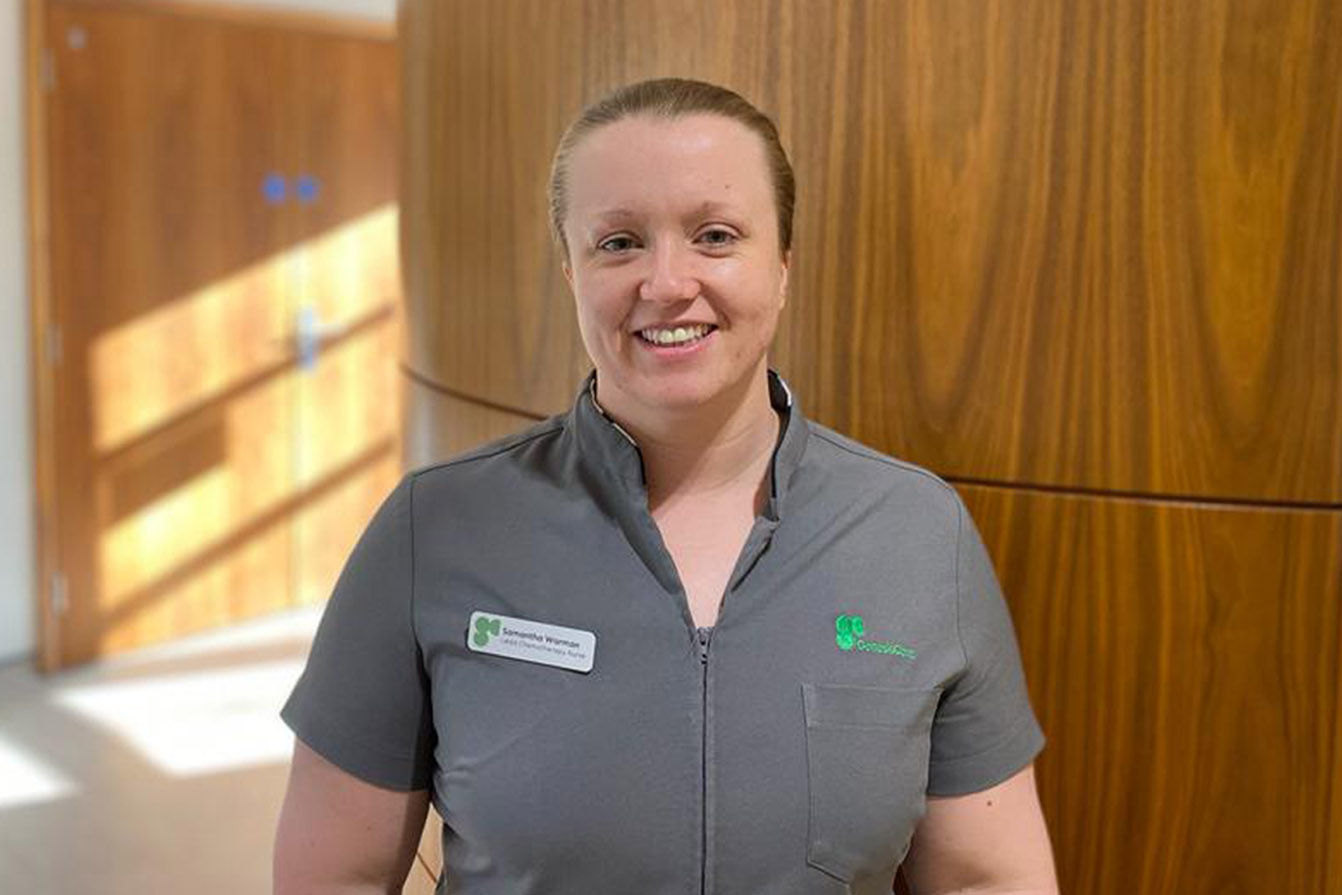
- Year qualified
2006 - Qualifications
Dip Hon - Adult Nursing
Administration of Cytotoxic drugs
Msc Hons Cancer Care
UKONs SACT Passport - Experience
2006 Trauma and Orthopaedic nurse, Stoke Mandeville Hospital (NHS)
2009 Junior Chemotherapy Nuse, Stoke Mandeville Hospital (NHS)
2011 Deputy Sister Chemotherapy Unit, Stoke Mandeville Hospital (NHS)
2015 Sister Chemotherapy Unit and TYA Lead CNS, Stoke Mandeville Hospital (NHS)
2018 Lead Chemotherapy Nurse, GenesisCare - Do you have research experience?
Yes, when I was a Sister we ran trials on the unit
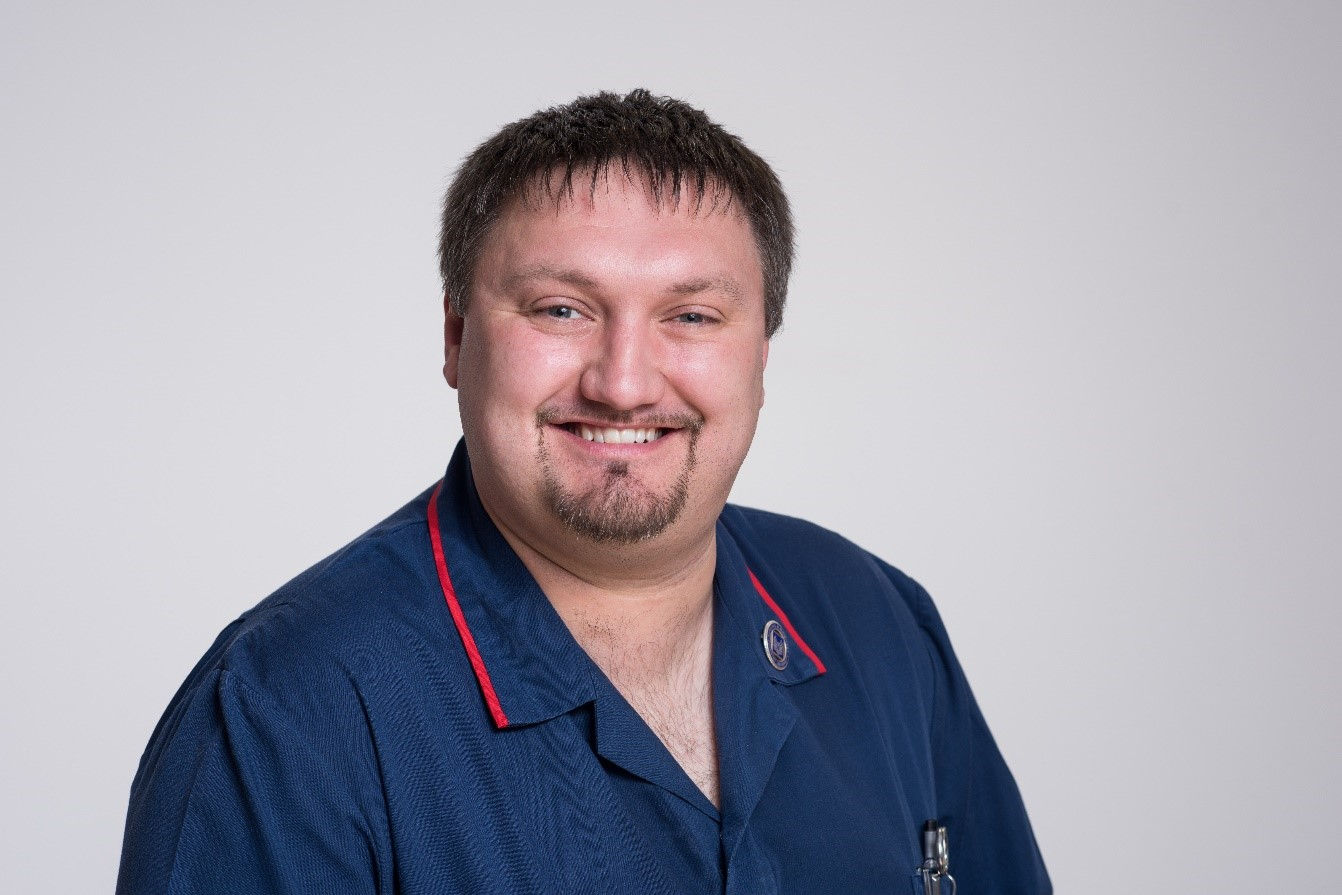
- Year qualified
2004 - Qualifications
Dip Hon - Adult Nursing
Administration of Cytotoxic drugs
UKONs SACT Passport - Experience
2004 Staff Nurse, Emergency Assessment Unit, George Eliot NHS Trust
2008 Senior Staff Nurse, Oncology & Haematology Chemotherapy Day Unit , George Eliot NHS Trust
2013 Senior Hospital Assessor (Healthcare & Home)
2014 Deputy Manager, End-of-Life Care, The Haven Nursing Home
2015 Senior Nurse, Hospice Inpatient Unit, Myton Hospice Coventry
2016 Senior Chemotherapy Nurse, GenesisCare
2018 Lead Chemotherapy/Research Nurse, GenesisCare - Do you have research experience?
Yes, I was previously Administering Trials Nurse for several trials. Most recently I've assisted in the set up of clinical trials at GenesisCare in Oxford where we now have a number of clinical trials running and an increasing portfolio of new trials set up
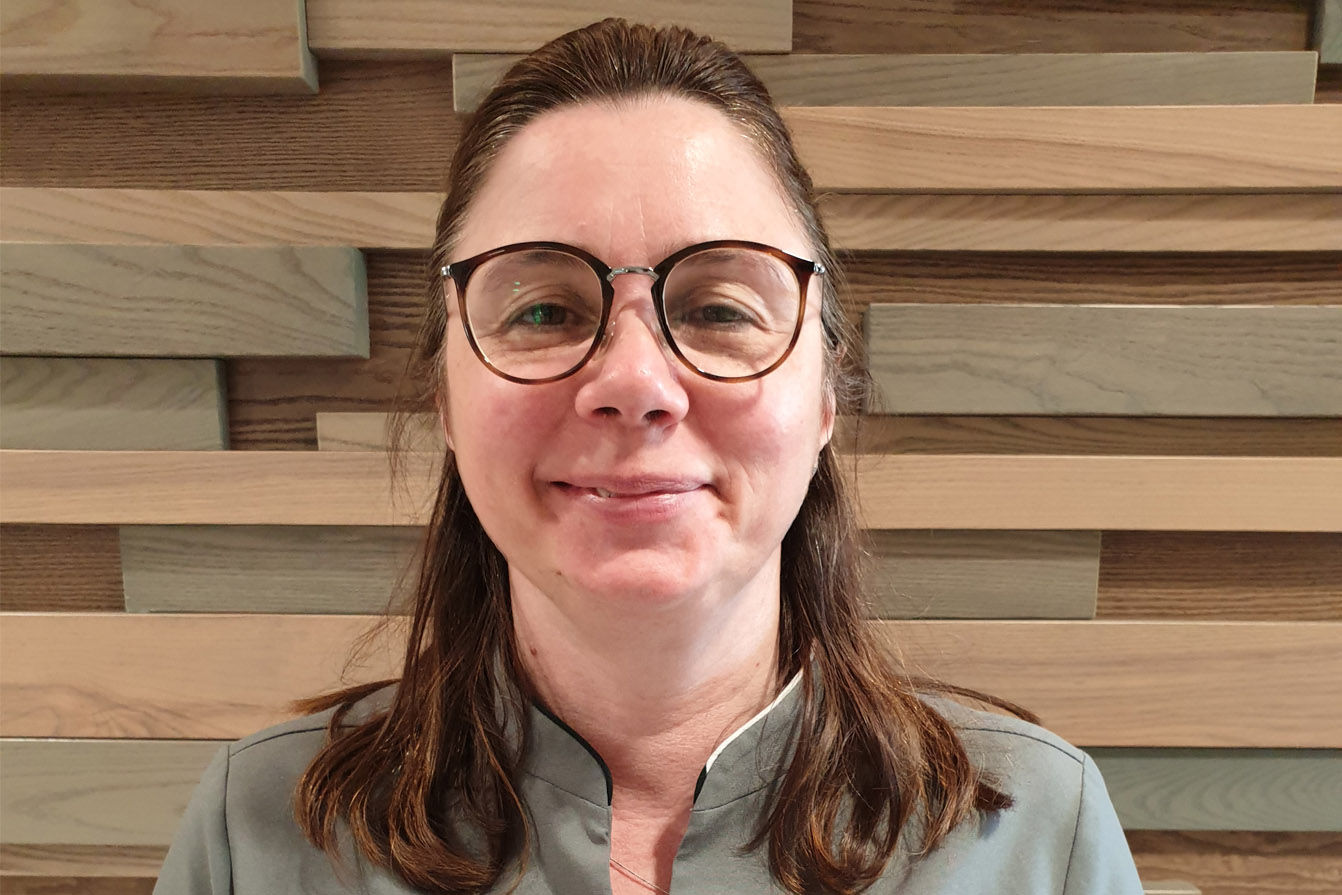
- Year qualified
1994 - Qualifications
Dip Hon - Nursing
BSc - Nursing studies
MSc - Advanced Practice (Cancer & Palliative Care)
Chemotherapy module
UKONs SACT Passport - Experience
1994 Staff Nurse, Northwick Park Hospital
1997 Staff Nurse, Bushey Spire
1998 Staff Nurse, Gaskell Ward Northwick Park (Breast, bowel & neuro surgery)
2000 Staff Nurse, Outpatients department Northwick Park Hospital
2002 Breast Cancer Clinical Nurse Specialist, Northwick Park Hospital
2012 Breast Cancer Clinical Nurse Specialist, BMI
2014 Breast Cancer Clinical Nurse Specialist Manager, London Northwest NHS trust
2018 Breast Cancer Clinical Nurse Specialist, BMI The Chiltern Hospital
2020 Chemotherapy Nurse Specialist, GenesisCare
2020 Lead Chemotherapy Nurse, GenesisCare - Do you have research experience?
Yes, at GenesisCare I've supported with the MK1026 trial for patients with haematology conditions
Efficiency and safety
We use the latest technologies to improve efficiency and patient safety in SACT delivery.
- Plum 360 Smart Infusion System (from ICU Medical)
- ICU Medical MedNet medicines safety software (from ICU Medical) with a full drug library created by GenesisCare utilizing the software
- iQemo electronic chemotherapy prescribing system (from iQHealthTech)
With a three-way partnership between GenesisCare, ICU Medical and iQHealthTech, we have been able to implement Bar Code Medication Administration (BCMA). This ground-breaking innovation allows our chemotherapy nurses to:
- Identify the patient using a barcoded patient ID wristband
- Associate the infusion pump to the patients iQemo prescription
- Check and capture the medication details via a barcoded label
These features greatly improve safety and give a complete and detailed administration record by sending all details, including start and stop times, to the patient’s record in iQemo.
BCMA verification reduces the possibility of a potential error and will improve efficiency of medication delivery. Patient safety is extremely important to GenesisCare and we will do whatever we can to ensure the safe provision and administration of chemotherapy medicines.
- Titilayo Alagbe, GenesisCare Head of Pharmacy
The key benefits of these technologies working together means:
- Greater patient safety
- Reduced chair time for patients
- Greater workflow and operational efficiencies such as reduced nursing time in documenting administration details
- Improved data quality
- Reduced costs of consumables
- Reduced drug wastage
- Reduced risk of vein pain on drug delivery for patients
To know that extra safety measures are in place to prevent human error from occurring makes me feel very safe.
- Patient at GenesisCare
Increasing patient safety and efficiency
We're the first UK oncology provider to fully implement a SACT drug library over a wireless Drug Error Reduction Software (DERS) system.
Managing side effects
We also utilise the latest cooling technology to help ease our patient’s side effects, including:
Hilotherm® ChemoCare
We're proud to be the provider in the UK to offer this treatment to improve our patients' outcome.
Hilotherm ChemoCare is a cooling therapy used to prevent and manage chemotherapy-induced peripheral neuropathy (CIPN) and hand-foot syndrome (HFS). A device fitted with specialised hand and foot cuffs are worn simultaneously during chemotherapy. The cuffs constantly cool patient’s hands and feet, and is administered between 15-17°C.
Unless a patient is showing signs of CIPN or HFS, cooling will be for 30 minutes prior, during and 30 minutes following treatment. If a patient has signs of CIPN, the time after chemotherapy will increase to 60 minutes.
Cooling the hands and feet to 15-17°C causes vasoconstriction and locally reduces blood flow to the area. This reduces the amount of chemotherapy reaching peripheral nerve endings and the capillaries of the hands and feet.
When used as a preventative treatment, 93% of patients experience no impairment in everyday life and remain pain-free.1
After four months of chemotherapy, a study showed that 98% of their patients experienced a reduction in symptoms greater than grade one, with no dose changes or treatment interruptions needed.2
The clinical benefits of Hilotherm ChemoCare
Hilotherm ChemoCare is a bespoke solution designed to prevent or minimise the harmful effects of CIPN and HFS, and we're the only healthcare provider to offer it in the UK.
Paxman© Scalp Cooling System
Scalp cooling is a simple but effective procedure that has been proven to reduce chemotherapy-induced alopecia (CIA)3.
The Paxman© cooling cap is a lightweight silicone cap connected to a compact refrigeration system. The patient’s scalp is cooled by a few degrees, 30 minutes before starting their chemotherapy session, during and afterward for up to 90 minutes.
Cooling blood-vessel vasoconstriction, has been shown to reduce blood flow in the scalp to 20% to 40% of the normal rate, resulting in less chemotherapeutic drug being delivered to the hair follicles.
Scalp cooling efficacy has been proven in various clinical trials, including the SCALP trial4, where women with breast cancer receiving chemotherapy with a taxane or anthracycline had a 53% rate of hair preservation versus 0% in the control group after four cycles of chemotherapy.
We’re always taking steps to improve the service provided to patients at GenesisCare. We’re proud to give our patients the ability to use a treatment proven to reduce the risk of debilitating chemotherapy side effects.
– Dr Russell Burcombe, Clinical Oncologist and Breast Clinical Director at GenesisCare
References
- Schaper T, Rezai M, Petruschke G, Gross B, Franzmann L, Darsow M. Efficiency of controlled cryotherapy in prevention of chemotherapy induced peripheral neuropathy (CIPN). Annals of Oncology. 2019;30:v733.
- Schaper T, Gross B, Franzmann L, Darsow M. 186P Using a new controlled thermotherapy (Hilotherapy®) during chemotherapy prevents chemotherapy induced polyneuropathy (CIPN). Annals of Oncology. 2020;31:S83-S84.
- Nangia J, Wang T, Osborne C, Niravath P, Otte K, Papish S et al. Effect of a Scalp Cooling Device on Alopecia in Women Undergoing Chemotherapy for Breast Cancer. JAMA. 2017;317(6):596.
- Van den Hurk C, Peerbooms M, van de Poll-Franse L, Nortier J, Coebergh J, Breed W. Scalp cooling for hair preservation and associated characteristics in 1411 chemotherapy patients - Results of the Dutch Scalp Cooling Registry. Acta Oncologica. 2012;51(4):497-504.
Integrative cancer care
We use the latest surface-guided radiotherapy (SGRT) techniques in combination with VMAT or SABR to enable 3D and 4D set-up and superior motion management during radiotherapy.
The accuracy of radiotherapy is enhanced when combined with SGRT – a sophisticated stereovision technology that monitors thousands of points on the patient’s skin during set-up and treatment, unlike other commonly used systems that rely on CT imaging – further increasing radiation exposure.
This powerful system reduces positioning errors to improve the overall accuracy, as well as the speed and comfort of treatment.
Examples are:
- Gating and beam hold facilitating 4D IMRT for moving lesions
- SABR and SRS couch and patient monitoring for accurate set-ups
- Intrafraction variation minimisation by capturing surface data in real time
- Surface data captured at each attendance to manage interfraction variation and dosimetric changes
These advances provide important benefits to our patients including the option of open-face treatment shells and tattoo-free treatments.
